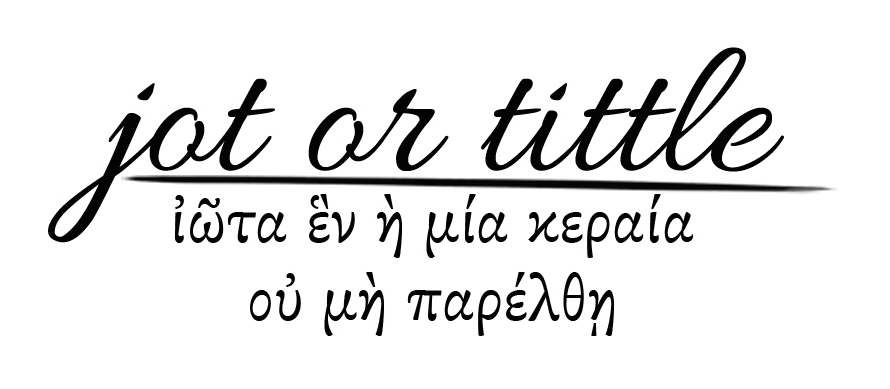Psalm 110
You can practice this week’s singing here (to St. Anne, the tune of “O God, Our Help in Ages Past”)
From the ESV Study Bible
This is a royal psalm, i.e., its theme deals with the role of the house of David in the life of God’s people (see also Psalms 2; 18; 20–21; 45; 72; 101; 132; 144; and possibly 89). Like Psalms 2 and 72, this psalm goes well beyond the achievements of any merely human heir of David and thus looks forward to the Messiah; in fact, unlike those two psalms, it is almost entirely future in its orientation. When the people of God would sing this in faith, they would celebrate God’s promises to David, yearn for the day in which the Gentiles receive the light (the coming accomplishment of the Messiah), and seek to be faithful to their calling until that great day. This psalm is one of the most cited OT texts in the NT, with quotations or allusions appearing in the Gospels, Acts, the Pauline epistles, Hebrews, and the Petrine epistles. Christians sing this psalm to celebrate that Jesus has taken his Davidic kingship by his resurrection (see note on Ps. 2:7), and that God is busy now subduing the Gentiles into the empire of Jesus.
…
In Matt. 22:44 (Mark 12:36; Luke 20:42) Jesus draws attention to the fact that David (the psalm’s author) calls the king “my Lord,” which implies that the king (whom all agreed was the Messiah) was greater than David. The idea that the risen Lord Jesus is the reigning messianic king seated at “God’s right hand” appears in Acts 2:32–35; 1 Cor. 15:25; Eph. 1:20; Col. 3:1; Heb. 1:3, 13; 8:1; 10:12; 12:2; 1 Pet. 3:22; cf. Matt. 26:64. In 1 Cor. 15:25 and Eph. 1:20 Paul combines this with Ps. 8:6.
…
The author of Hebrews (Heb. 5:6), who cited Ps. 110:1 (see note) throughout his book, uses [verse 4] to explain to his Jewish audience why Jesus, the now-reigning heir of David (cf. Heb. 1:3; 5:5), is also the ultimate priest; now that Jesus has arrived, Christian Jews may not legitimately return to “ordinary” Judaism in order to escape persecution, hoping that the old sacrifices will still “work,” for they will not.
Something to Think About
Think about how this Psalm could have described King David or another Israelite king, and also how it seems to describe our risen Lord.
If you have the time, consider some of the passages listed above in which this Psalm is cited and how they use it.
Something to Listen To
